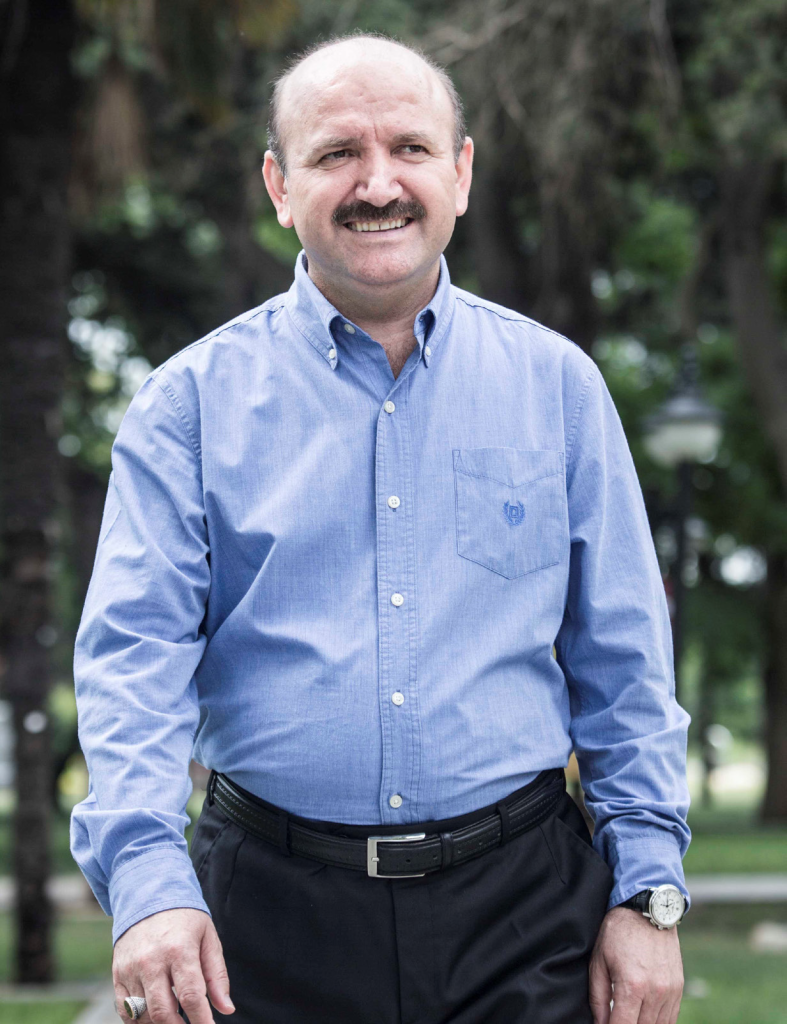PROFESSOR MEHMET BULUT – PRESIDENT/VICE-CHANCELLOR ISTANBUL SABAHATTIN ZAIM UNIVERSITY
ISTANBUL SABAHATTIN ZAIM UNIVERSITY (IZU) HAS COME UP AS ONE OF THE MOST FORWARD-LOOKING INSTITUTIONS OF HIGHER LEARNING IN TURKEY IN A VERY SHORT SPAN OF TIME. OBVIOUSLY, YOUR LEADERSHIP ROLE HAS BEEN CENTRAL TO ALL THE DEVELOPMENTS AT AND AROUND THE UNIVERSITY. CAN YOU PLEASE SHARE WITH OUR READERS THE SUCCESS STORY OF IZU?
Istanbul Sabahattin Zaim University was officially established by Ilim Yayma Waqf (Foundation) in 2010 and I am immensely proud of being a part this success story. Our university’s strength and achievements are built on a rich academic tradition that has led us to where we are today. Our university boasts of quality educational standards, prominent researchers, state-of-the-art research facilities and centres, the largest library in Istanbul, and a vibrant green campus. Our students hail from over 90 countries for their education through our 36 undergraduate programs, 71 Master’s programs, and 25 Doctoral (PhD) programs. Our university is ranked among the top 200 universities in Asia and Europe by UI Green Metrics and among the top 200 universities worldwide for the “No Poverty” and “Responsible Production and Consumption” categories of the Times Higher Education 2021 ranking in United Nations’ Sustainable Development Goals. IZU was also awarded the “Best Education Provider in Islamic Finance 2021” by the European Global Banking & Finance Awards, as well as the “3G Green University Campus of the year 2020” and the “3G Social Responsibility in Higher Education of the Year 2021” by Cambridge IFA. I look forward to greater achievements and pushing the boundaries of success wherever possible.
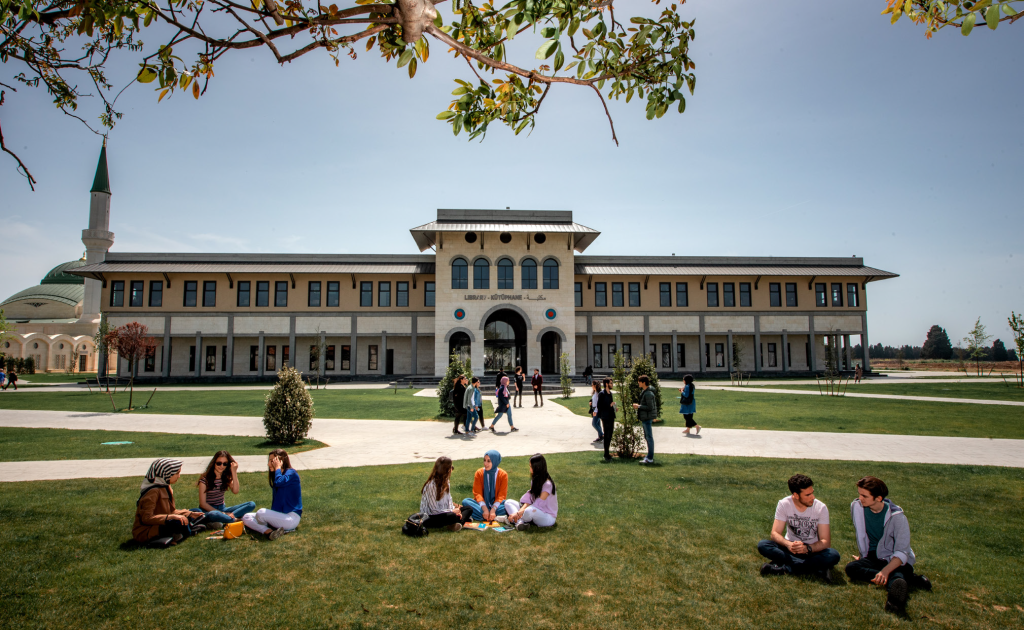
IZU HAS REGULARLY BEEN FEATURED IN THE GLOBAL GOOD GOVERNANCE AWARDS (3G AWARDS) RIGHT FROM THE BEGINNING WHEN THE INAUGURAL AWARDS CEREMONY WAS HELD IN ISTANBUL IN 2016. CAN YOU PLEASE INFORM OUR READERS OF YOUR PERSONAL AS WELL AS THE 3G ACCOLADES RECEIVED BY THE UNIVERSITY?
As a concept, policy, and practice without boundaries, good governance is vital to sustainable growth and welfare in our global world. Governance is not just about making the right decision; but also about the process of decision-making as well as promoting corporate fairness, transparency, and accountability. The 3G Awards, given by Cambridge IFA, celebrates individuals, governments, public and private institutions, and NGOs who have demonstrated good governance and sustainability as their strategic priority. As a premier awards programme, the 3G Awards highlight excellence in good governance and commitment to social welfare in the categories of Government & Politics, Corporate Sector, and Social Sector and Philanthropy. In this respect, Istanbul Zaim University’s commitment to an agenda of sustainability is concordant with the 3G Awards and their focus on measured success indicators, including a humanitarian and student-centred approach, respect for the environment, and adoption of the concept of sustainability.
PROFESSOR SABAHATTIN ZAIM TO DATE REMAINS THE ONLY TURKISH SCHOLAR WHO HAS BEEN HONOURED WITH AN ISDB PRIZE IN ISLAMIC ECONOMICS. IS IT BECAUSE THE COUNTRY HASN’T BEEN ABLE TO PRODUCE A SCHOLAR OF ISLAMIC ECONOMICS OF THAT STATURE AGAIN OR YOU THINK THAT THE PRIZE COMMITTEE HAS SOMEHOW OVERLOOKED THE COUNTRY?
Throughout the years, countless scholars have worked diligently to further studies in this valuable domain. Though their work may have been considered relatively at a smaller scale; it has been the most meaningful within the larger corpus of existing research on Islamic economics. While Professor Sabahattin Zaim will undoubtedly remain a leader and an inspiration for our university, I recognise the vital efforts of many of our students, alumni, and professors throughout the country who have developed the discourse of Islamic economics. At IZU, we have established a strong team of researchers and work internationally with renowned scholars and innovators in the domains of Islamic economics and finance. In the coming period, I believe that this prize will be granted to Islamic financial institutions in Turkey once again, especially given Turkey’s recent breakthroughs in the field and its ongoing significant efforts and dedication to the field of sustainable development.
YOU HAVE ATTRACTED SOME OF THE MOST TALENTED MINDS IN ISLAMIC BANKING AND FINANCE TO IZU, RESULTING IN THE UNIVERSITY BECOMING A GLOBAL CENTRE OF EXCELLENCE IN THIS FIELD. WHAT FACTORS HAVE CONTRIBUTED TO YOU ATTRACTING THE LIKES OF DR. MONZER KAHF AND PROFESSOR TARIQULLAH KHAN TO IZU?
Aside from our reputation of excellence which drives many to seek out our institution, I believe we have been consistent in creating an environment conducive to scholarship and research. We make it a priority to emphasise a personal element in our professional relations here at Sabahattin Zaim; as a result, we have fostered a warm and welcoming environment in which our staff feels part of a family working together towards a noble cause. We take great care to find a balance between encouraging, and rewarding or appreciating the academic staff. I think all educational institutions should aspire to implement such practices.
COVID-19 HAS OBVIOUSLY CHANGED THE WAY WE USED TO LIVE. HAVE YOU COME UP WITH A NEW STRATEGY TO RUN THE ACADEMIA TO KEEP IZU RELEVANT TO THE POST-COVID LIFE?
Besides our initial response that required decisiveness and effective responsiveness to manage the immediate crisis at hand, our vision was central to predicting the prolonged shifts in operations and for making long-term plans. We were successful in smoothly and quickly transitioning to online learning as well as updating our institution’s technological operation to meet the extensive needs of our students, staff, and administration. We also provided critical support to various senior faculty members to ease the shift to online teaching experience. In consideration of the situation of many of our staff and students, we created open lines of communication and support to ensure their safety and comfort in a time of trials and unprecedented circumstances. Finally, and most importantly, we were careful to reconsider our priorities and relax restrictions on requirements to ensure that everyone would emerge from this global pandemic unhindered and flourishing.
ISLAMIC POLITICAL ECONOMY OR ISLAMIC BANKING AND FINANCE: WHAT WOULD BE YOUR PERSONAL CHOICE?
I am at heart an economist, as I got my bachelor’s degree in economics. Afterwards, while during my MA and PhD programs, I had the opportunity to examine societies and countries’ long-term economic and development processes. Banking and finance are of great importance today; but Islamic banking and finance would just be complementary to the capitalist financial system without Islamic economic policies.
Providing a real alternative to today’s financial and economic systems can only be viable through holistic perspectives and paradigm shifts. For this to take place, the Islamic political economy should be given greater consideration alongside attention to a broad range of questions such as strategies related to human and environmental protection, commercial relations, and economic cooperation, in addition to the Islamic transformation of interest-free finance. If we can implement an Islamic economic policy, we would be able to establish a holistic and sustainable Islamic banking and finance system.
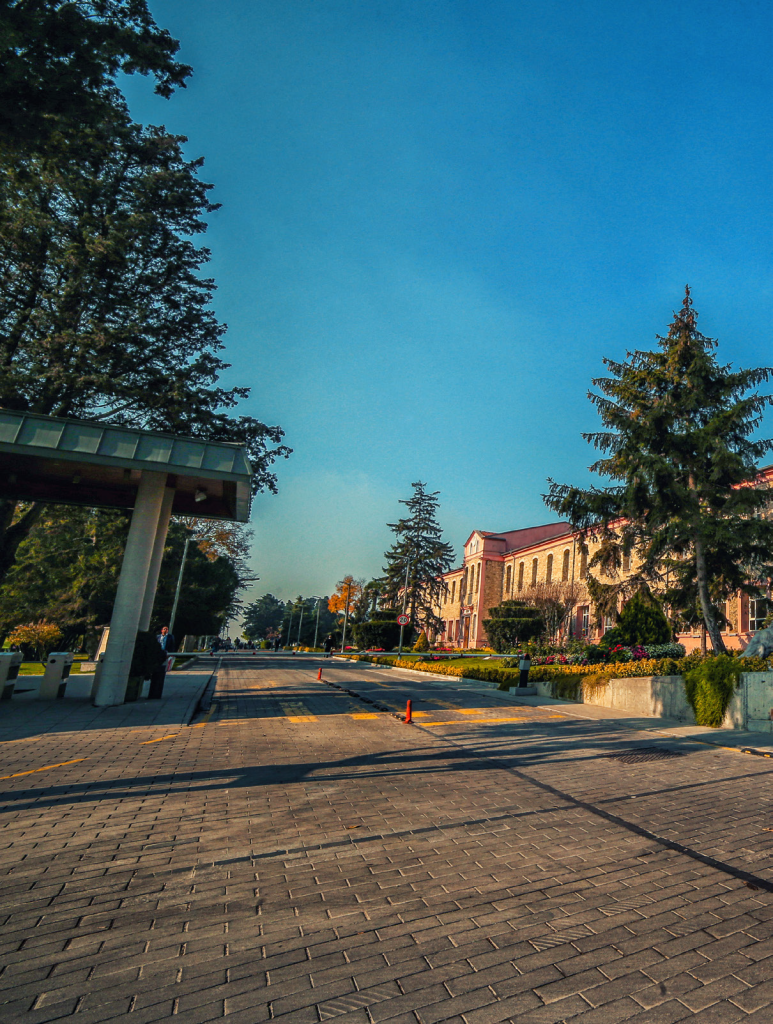
PROFESSOR, IT WOULD ONLY BE APT TO ASK YOU ABOUT THE POSSIBLE LEADING ROLE OF TURKEY IN THE GLOBAL ISLAMIC FINANCIAL SERVICES INDUSTRY. YOU ARE PERHAPS IN THE BEST POSITION TO ANSWER THIS QUESTION AS YOU HAVE EMERGED AS THE MOST INFLUENTIAL ADVOCATE OF ISLAMIC BANKING AND FINANCE IN TURKEY.
I will try to answer this question with my background as a professor of economic history, given that historical facts are the most important factors in shaping the future. The Ottoman Empire was a leader among Islamic countries and a geographical centre of major economic developments in the Islamic world for a significant period of time. The Ottoman Empire was among the first places where the institutional application of Islamic finance was implemented, and Turkey inherited this legacy.
Undoubtedly there is a power shift occurring in the world. Turkey and other Muslim countries have the capacity to act proactively as the power shifts from the North Atlantic to the South Pacific. Turkey has come to the forefront with its domestic politics, economy, and international dynamism.
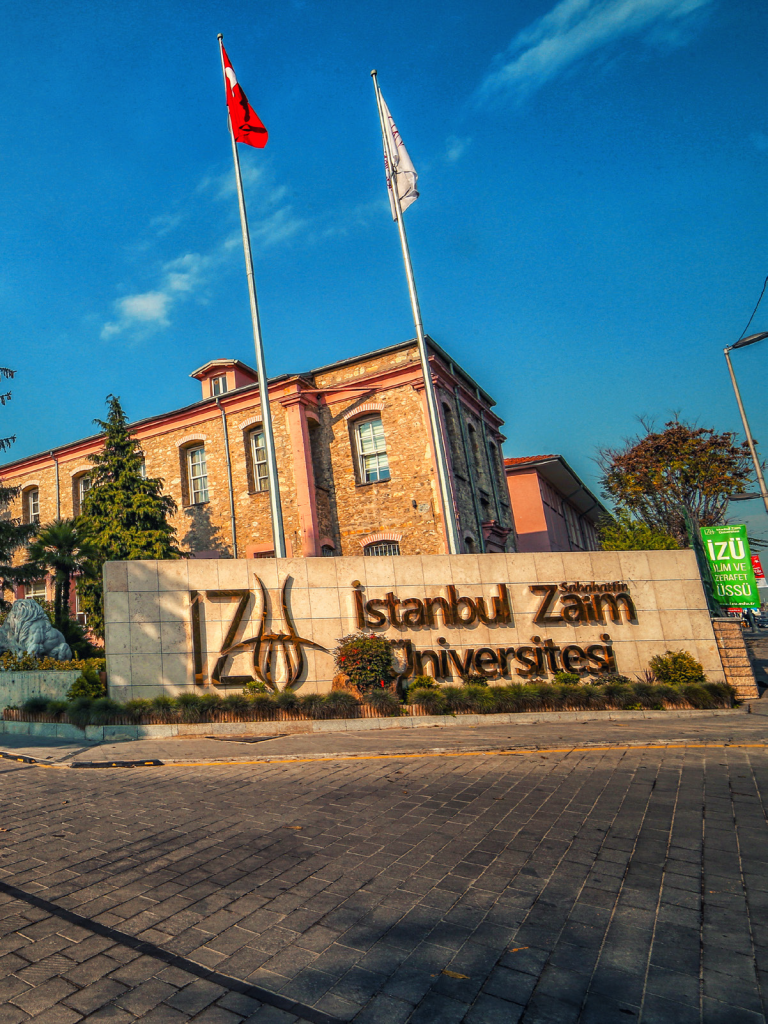
Its successful management in the recent COVID-19 crisis has drawn the world’s attention. This successful process management and overall improvement will, of course, facilitate the arrival of interest-free funds to the country.
As an heir to the rich legacy of the Ottoman Empire, Turkey has also become one of the most important global economies, showing significant developments in the recent period. Both its young population and its ever-increasing production potential indicate that Turkey is capable of becoming one of the most important world economies in the next century, as well as a leading centre for the global Islamic financial services industry. The Istanbul Finance Center Project demonstrates Turkey’s increasing influence in the field of finance. This project supports equal growth and development not only through the conventional financial system but Islamic finance as well. With its economic growth, the path of development and historical heritage, Turkey is to be a leader in the field of Islamic finance.
LET US ASK A PERSONAL QUESTION. PLEASE TELL US ABOUT YOUR INTRODUCTION TO ISLAMIC BANKING AND FINANCE. HOW DID YOU GET INTRODUCED TO THIS FIELD? ALSO, PLEASE SHARE WITH US WHAT FACTORS LED TO YOUR EMERGENCE AS A LEADER IN ISLAMIC ECONOMICS, BANKING, AND FINANCE.
It is necessary to approach this question again through the lenses of my academic specialisation. It was my research on the world and the Ottoman economic histories that led me to Islamic economics. This is because our current contemporary practice of Islamic economics and finance takes its inspiration from past systems. It is my wish to further apply those practices specific to the spirit of Islam. In this regard, I have carried out extensive research on cash waqfs, now published in various papers, books and disseminated through my mentorship of future scholars in the field.
I attach great importance to raising and empowering students for scholarly leadership and distinction, and will continue to train qualified scholars in the field of Islamic economics and finance at my university. In this, one is guided by the hadith of Prophet Muhammad, which states: “When a person dies, all his good deeds come to an end except three: Ongoing charity (Sadaqah Jariyah), beneficial knowledge and a righteous child who prays for him.” The righteous child, in this case, can either be one’s biological child or a student. These thoughts have only increased my passion for research in Islamic economics and finance, and in training students for mastery of knowledge.
WHO AMONGST THE CONTEMPORARY LEADERS HAS REALLY IMPRESSED YOU? WHO DO YOU TAKE AS YOUR GREATEST MENTOR?
This question requires an extensive response. This is because the books one reads, the people he acquaints with, family, culture, and environment, all contribute directly or indirectly towards shaping our outlook towards life. All our scholars, living and deceased, who have contributed to this field, especially in our work on Islamic economics, represent significant milestones in my life and contributions. Such studies are only possible within a convenient and supportive working environment, and so it should be emphasised that the current political will and administration continue to have a clear impact on our endeavours.
WHAT KIND OF INSPIRATION CAN BE TAKEN FROM THE OTTOMAN EMPIRE AT THE POINT OF CARRYING OUT THE UNDERSTANDING OF SUSTAINABLE AND BALANCED ECONOMIC DEVELOPMENT?
Humanity is in search of a new order. The income inequality caused by capitalism, along with civil wars, social unrest and economic disparity has further been highlighted and criticised since the advent of the COVID-19 pandemic. We ask ourselves in these circumstances: what kind of system does the world need? Our Islamic heritage proves that our ancestors built an economic environment in which citizens lived with dignity and enjoyed peace for extended periods under the golden age of Islam till the fall of the Ottomans. Institutions were the basis of this sustainable and balanced economic system. There are endless examples of the effectiveness of these established systems that we can learn from. One interesting case is the case of the auto-control mechanism established in the trade sector, through the ahi-order and guild system, and that started with the futuwwa organisation, where citizens were able to access both cheap and high-quality goods.
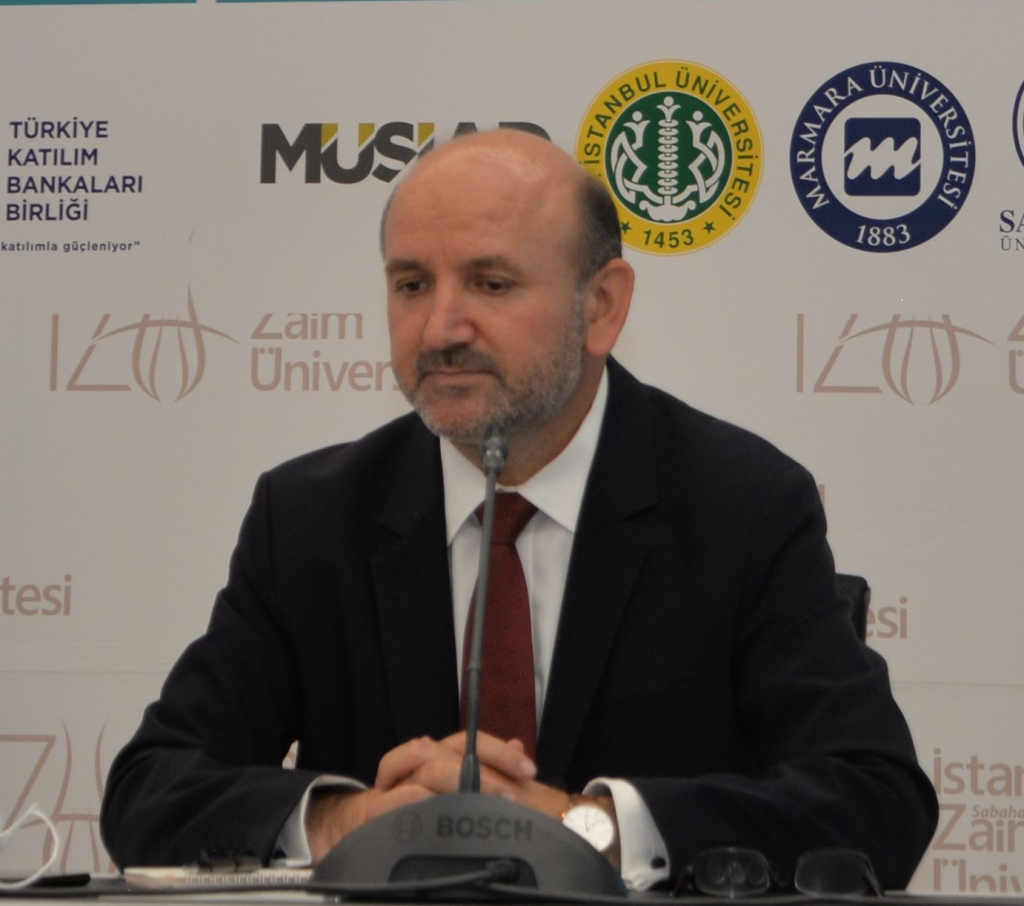
In terms of mercantilism, the Ottomans did not restrict imports. On the contrary, they ensured that their citizens had access to high-quality products at reasonable rates. We can better visualise this with the concept of “ibadullah’ın terfi-i ahvali”, which means the improvement of the condition of Allah’s servants. The Ottomans established a human-centred financial system; mainly built on cash waqfs and charities. Their motive was not only to generate profit but also to take care of the social needs in line with the objectives of the waqf. More than before, we need to understand these principles, motivations, and pre-existing systems to formulate economic and financial models.
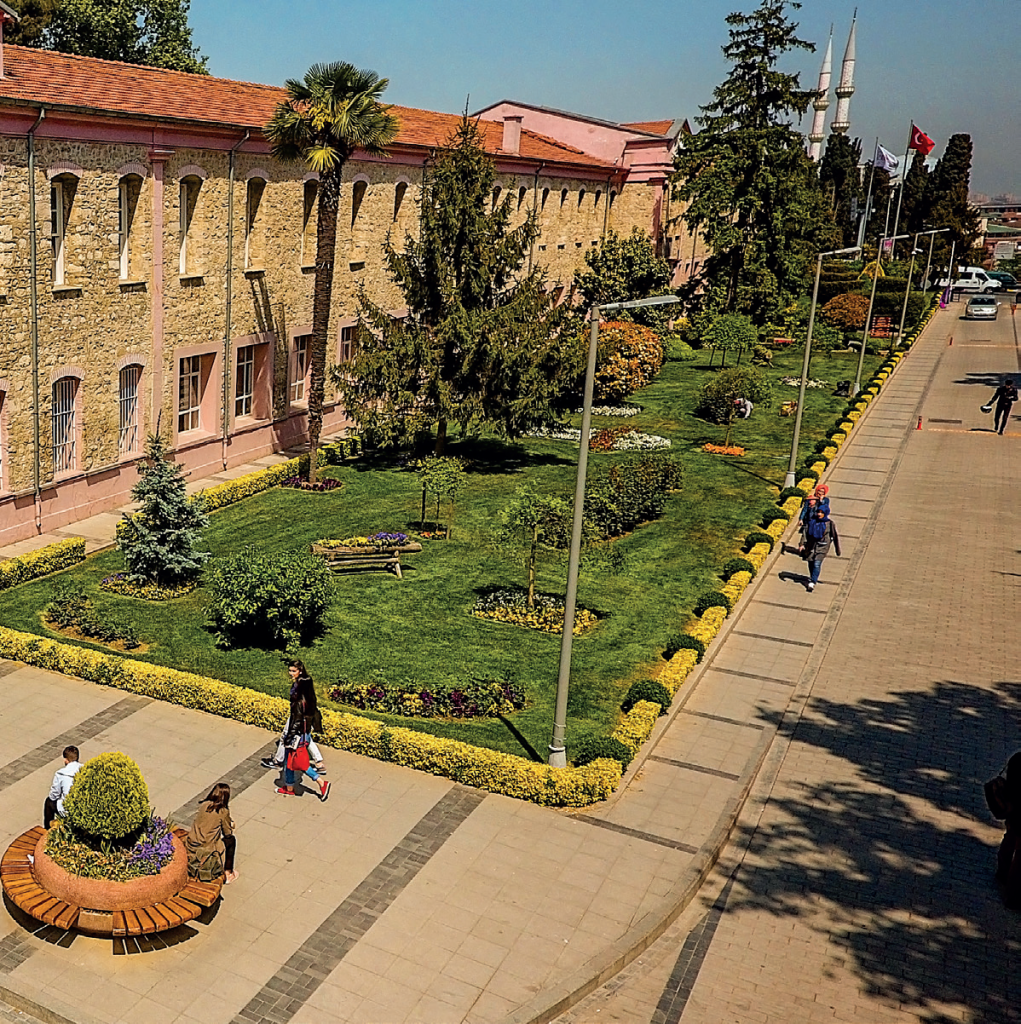
Besides cash waqfs, the waqf system, in general, is a way out of the swamp of individualism. Waqfs have institutionalised social assistance and solidarity and helped people finance their various needs emerging over time with their resources. It is mainly due to waqf that madrasahs, mosques, libraries, bridges and even waterways have survived to the present day. Through the inns and caravanserais financed by waqfs, products from the farthest geographies could reach markets across the empire. This shows that the Ottoman experience provides a multidimensional perspective on economic, commercial, international, social, as well as psychological fields. This idea of civilisation should be analysed further and taken as an example for current institutions.
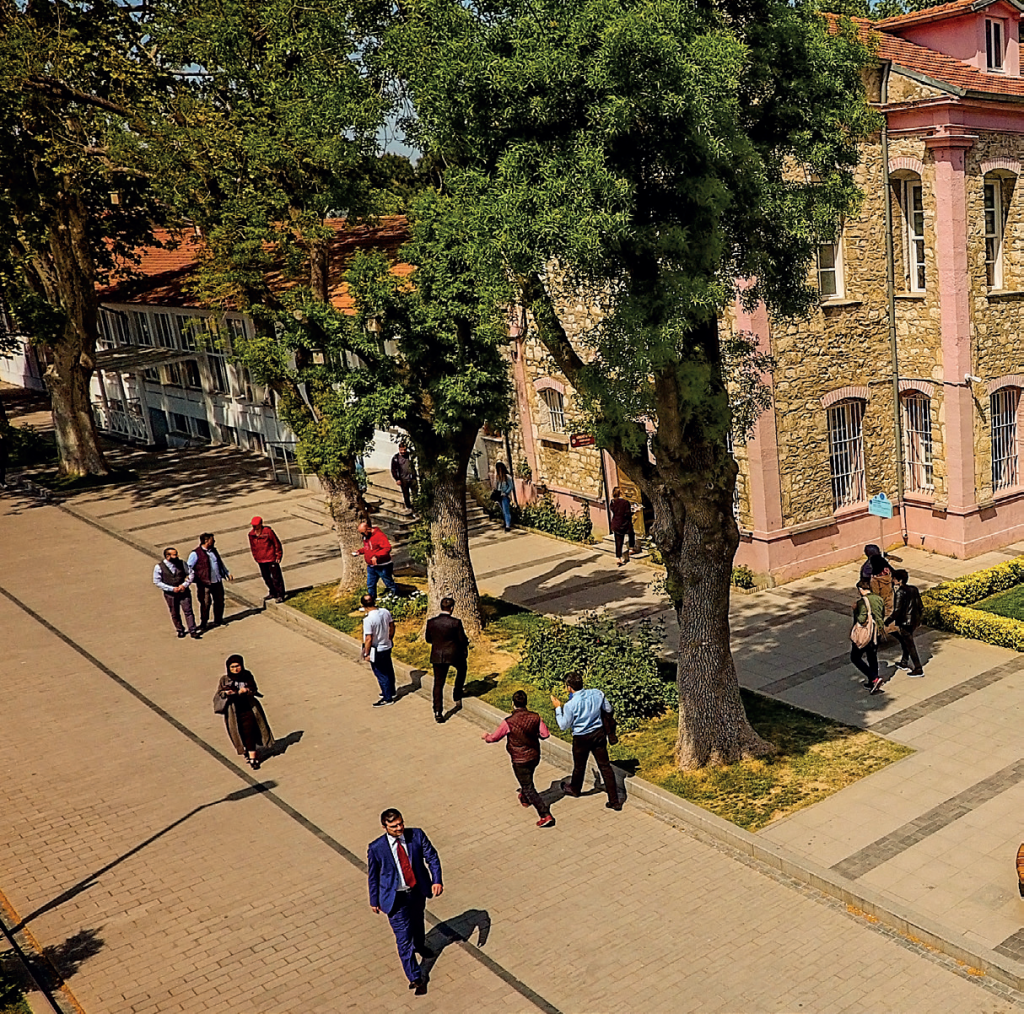
ANY MESSAGE FOR THE STAKEHOLDERS IN ISLAMIC BANKING AND FINANCE, ESPECIALLY THE YOUTH?
I am hopeful about the future because the world is now witnessing concrete contributions of Islamic economics to the global economic system and sustainability. The rapidly increasing environmental pollution, destruction of natural habitats, and the COVID-19 pandemic have shown us that people’s ambitions and desires for maximised profit are unsustainable. The solution is straightforward: returning to holistic sustainability. These concepts are among the basic principles of Islamic economics. I believe that Islamic banking and finance has the potential to be a powerful alternative for our future.
Islamic banking and finance has a critical role to play in the future of the world’s economy. It is our responsibility to provide access and opportunity for youth globally to share and contribute to the fields of Islamic banking and finance. There are now many undergraduate, graduate, and doctoral programs available alongside special diplomas and certification programs. Our need for experts in this field spans not only the private sector but also the academy.
Questions on quality and sustainable financing systems are being raised across the world today, from payment systems to the definition and form of wealth and money. The world and its economy are at a dawn of a comprehensive transformation. We are in the process of change that we may not fully realise because we constantly live it, and Islamic financial institutions should introduce new models, especially in terms of instruments. All stakeholders share a responsibility in this regard, be it public, private, academic, or interest-free financial institutions. This process can only be successful through coordination and cooperation.
